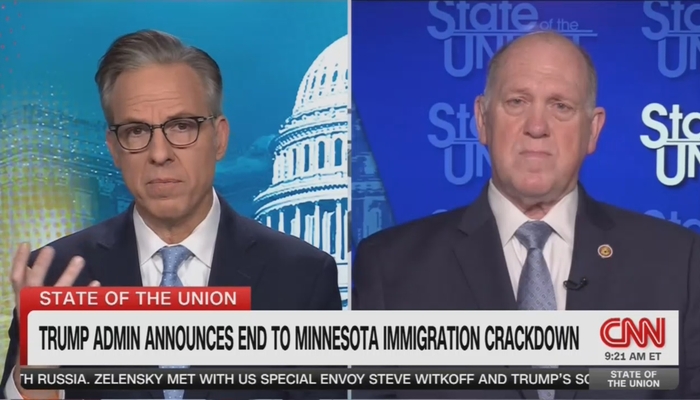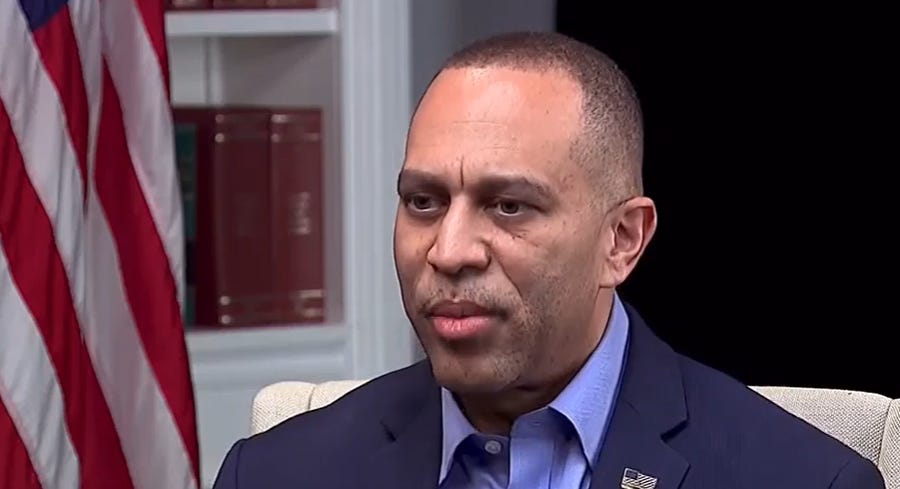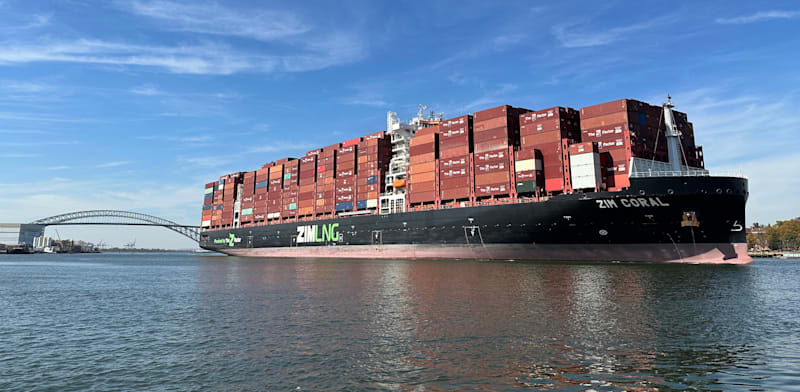PAUL HENNESSY / ANADOLU AGENCY / GETTY IMAGES
In September 2017, Hurricane Irma swept across the southern tip of Florida, swamping what was then the state’s 26th Congressional District. The following July, that district’s Republican representative, Carlos Curbelo, introduced a bill that would tax greenhouse-gas emissions to help reduce the impact of climate change on his hurricane-prone constituency. Curbelo’s party affiliation raised eyebrows at the time, but for him, the threat of recurrent disasters sent political partisanship out the window. “This is not an academic discussion for those of us who live in South Florida. This is a local issue,” he told Audubon magazine in 2018.
And he’s not alone. Today, although some one-quarter of elected officials walking the halls of Congress don’t believe human-caused climate change is even real, research suggests that politicians can be persuaded to take action on climate change and other environmental issues. Unfortunately, it might take a headline-grabbing hurricane to do it. In the past decade, several studies have suggested that lawmakers are more likely to take action on climate change when they — and their constituents — have had to deal with the disastrous consequences of previously doing nothing.
From the 1969 Cuyahoga River fire that led to the creation of the Environmental Protection Agency to the 1990 Oil Pollution Act that was born out of a series of oil spills, most notably from the Exxon Valdez, a long history of environmental disasters have inspired improvements in environmental policy, said M. Daniele Paserman, an economist at Boston University.
“Disasters make environmental problems more salient,” he said. Paserman’s research has found that, between 1989 and 2014, congresspeople from districts hit by a hurricane were more likely to sponsor or co-sponsor environmental regulatory bills in the following year. And he’s not the only one who has noticed similar correlations. According to another study, which looked at abnormal temperature and precipitation trends between 2004 and 2011, members of Congress whose home states were experiencing weird weather were more likely to vote for all kinds of environmental legislation. More broadly, international research from 34 countries found that nuclear disasters increased the number of renewable-energy policies implemented for as long as seven years after the event.
This line of research is relatively new and the number of studies relatively thin. But all of this builds on a larger question that has been studied more in depth: how personally experiencing the effects of climate change shape belief and behavior in the general public.
A 2021 review of existing literature discovered ample evidence that living through a natural disaster is associated with higher levels of self-reported belief that climate change is a problem and a greater concern about what this might do to you and your family. Our own polling with Ipsos earlier this month showed something similar. Even among Republicans, nearly half of those who had experienced an extreme weather event in the past five years told us they were worried about climate change, compared with only 17 percent who hadn’t experienced a natural disaster.
But there are limits to the ability of a disaster to prevent future calamities. For one thing, the same review paper that showed increased belief in climate change didn’t find a corresponding increase in behaviors that would deal with that issue. And changes in belief are still heavily moderated by what people already think. For example, in a 2019 survey of people who experienced severe flooding in the United Kingdom during the winter of 2013-14, the ones who walked away with the highest levels of concern about climate change were those who had already attributed floods to global warming.
So, it probably shouldn’t be a shock that the much smaller number of papers looking at how politicians might change their behavior in the face of climate change comes with its own set of caveats and complications. Studies have indicated that only countries with strong democracies see an increase in climate policy following climate disasters. And Paserman’s study found that the effects were tightly linked to proximity to the disaster. Even lawmakers who served in the same state where a hurricane occurred but whose districts were unaffected weren’t as likely to step up for political change.
And while that paper found that politicians who experienced climate disasters were more likely to push for climate policies regardless of party, a different study — the one that showed abnormal temperature and precipitation trends were correlated with representatives’ environmental votes — found that party did matter. Moderate Democrats made the biggest shift toward more environmental-policy support, said Erich Muehlegger, an economist at the University of California, Davis, and an author on that paper. “We didn’t find much of a result for Republicans, nor did we find much of a result for the more strident Democrats, though that might be due to the fact that they were always voting for environmental regulations,” he said. “You can’t become more pro-environment if you were already on top of all those issues.”
It’s going to take a lot more research to fully understand why politicians sometimes change their policy in the face of climate disaster and sometimes don’t. Meanwhile, just because lawmakers are responding to natural disasters with environmental votes doesn’t mean they aren’t seeing other, seedier kinds of legislative opportunities from the same event. Ethan Kaplan, an economist at University of Maryland, College Park, and his colleagues found that politicians are likely to use the immediate aftermath of a natural disaster to push through votes favoring the concerns of special-interest donors when nobody is paying attention. That’s not a contradiction to the idea that disaster could prompt politicians to take action on climate change. Instead, Kaplan said, the two things can run parallel. A disaster can create a distraction for donors’ goals in the short term, even as it prompts greater environmental policies in the long run.















